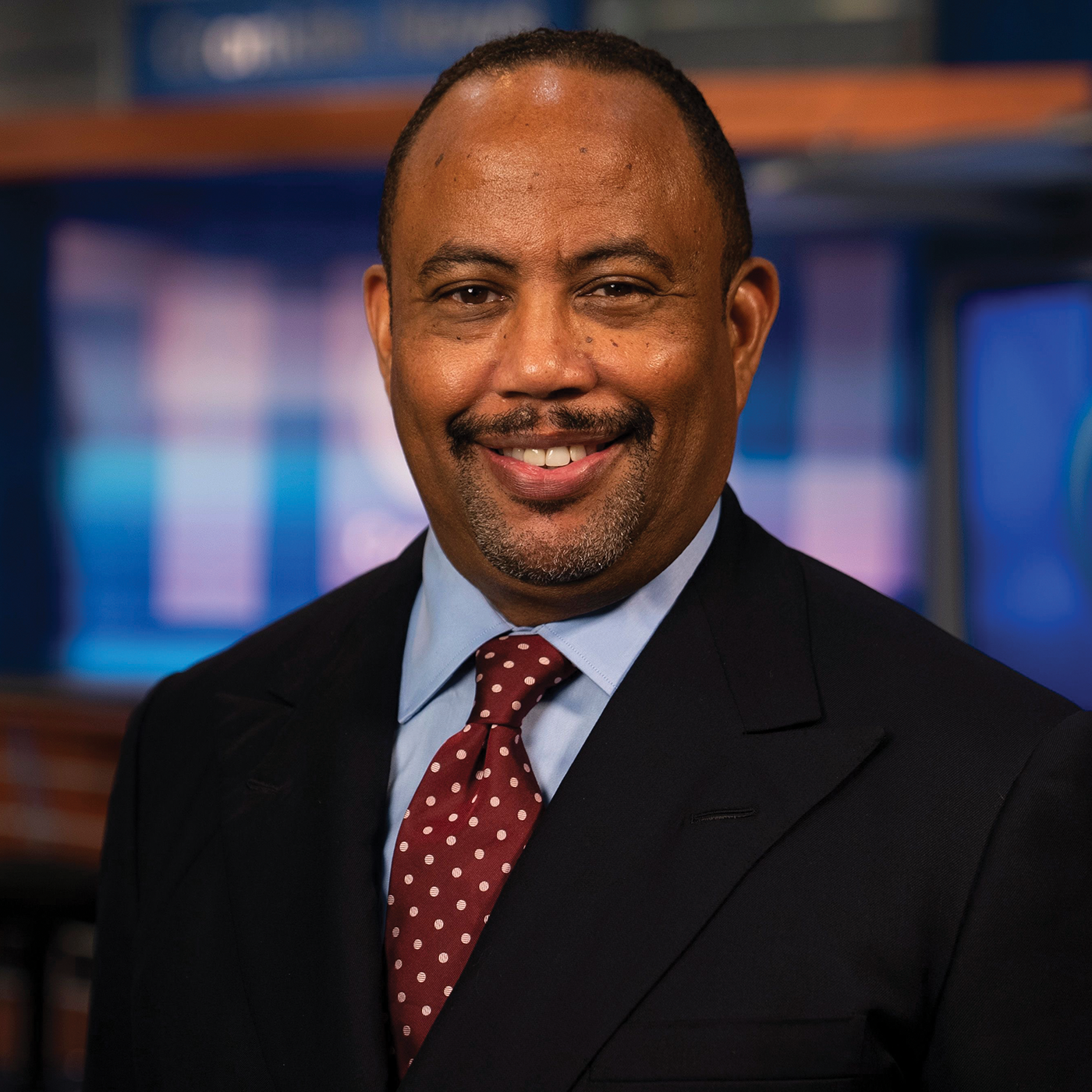
Politics & Government
What can we do about misinformation?
Faith in institutions is waning. Tribalism is skyrocketing. Junk news fills our social media feeds. Can we meet this moment?
Do you ever just wonder about stuff? Something obvious? Frivolous? Serious? Completely esoteric? We do. In One Last Question, we ask an expert from the VCU community to help us learn a little more about anything. In this issue, we ask: What can we do about misinformation?
Faith in institutions is waning. Tribalism is skyrocketing. Deceptive disinformation campaigns grow more sophisticated and ubiquitous.
Can journalism meet this moment? Can we? Battinto Batts, Ph.D. (B.S.’90), dean of the Walter Cronkite School of Journalism and Mass Communication at Arizona State University, says we can. — Eds.
Every May and December, I get the honor of shaking hands with the Cronkite School’s newest graduates. I often think about the world they are entering and how much has changed since I finished my journalism degree at VCU more than three decades ago. These fledgling practitioners are needed more now than at any time I can recall. And they need our help.
We are living in an era of democratized media, no longer needing printing presses or broadcast signals to deliver information. This has become a powerful tool for good; George Floyd’s murder was captured on the cellphone of an everyday citizen. But democratized media is easily weaponized. Junk news slides into our social media feeds alongside legitimate news, professionally packaged, boosted by algorithms and bypassing traditional media’s gatekeepers.
We must confront misinformation (false information people believe and unknowingly spread) and disinformation (deliberate deception). Though they have always existed, they are rampant now in an unprecedented way because of our constant interconnectivity. And our inclination to interact with sources that affirm our opinions is an accelerant. It’s hampered our ability to unite and respond to COVID-19, gun violence, election interference and climate change.
This is a public health crisis. And the solution is not just training more journalists, no more than we can combat heart disease only by producing more doctors.
Here are some steps we can take together.
First, we must be judicious about what we read and share. When we see information, especially online, we should ask questions: Who created this? What outlet are they with? Are they trying to influence me? Asking these questions helps us identify legitimate news. Be very cautious, for example, of anything that doesn’t include original reporting, sources, quotes or attribution.
Step two: We must support local journalism.
Local newspapers are struggling. Last year, we lost 2.5 a week, according to Northwestern’s Medill School of Journalism, and since 2005, nearly 2,900 papers have shut down. When they die, their towns become news deserts. If you still have a local paper, you need to see that as golden. Subscribe. Encourage friends to subscribe. Form reading groups. If you can, donate to nonprofit newsrooms, like ProPublica’s local reporting network or the Institute for Nonprofit News.
Finally, we must be citizens.
Are there issues in your community that aren’t being covered? Call a newspaper or TV or radio station. We must train quality journalists, but we also must speak with reporters and editors about issues that are important to us.
To do this, we need to attend school board and city council meetings. We should ask questions of our elected officials and know how to file Freedom of Information Act requests.
Our laws are set up for these things to happen, and we need to understand the power we have as everyday citizens. The days of the venerable Walter Cronkite delivering us the evening news are gone. We must seek reliable sources of information and demand accurate news the same way we expect to eat safe food and drink clean water.
